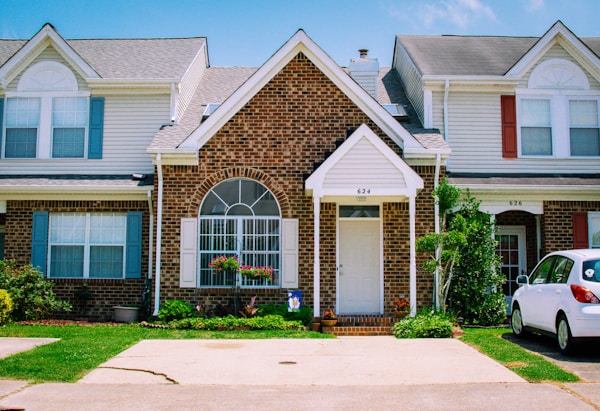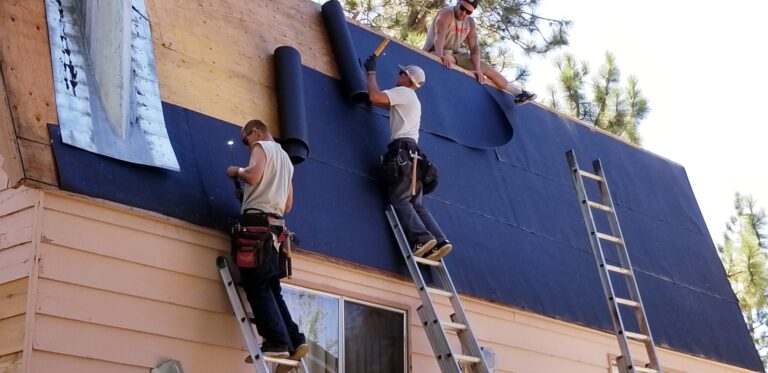Homeownership involves significant maintenance responsibilities, one of the most substantial being the roof. It’s the ultimate shield that protects your home from harsh weather conditions and external damages, hence, its upkeep should never be neglected. Sooner or later, every homeowner will find themselves needing to replace their roof. This could be due to a myriad of reasons, from age-related wear and tear, storm damage, or even aesthetic upgrades. The process, however, is not as straightforward as it may seem. This article will guide you through everything homeowners should know before replacing their roofs.
Understanding the Roof Replacement Cost
As you contemplate replacing your roof, understanding the costs associated with the project is crucial. The cost can vary widely depending on several factors such as the size of your home, the type of materials used, labor costs, and the specific requirements of your house. One must not forget to check the roof replacement cost Maryland contractors charge. Maryland, like other states, has a unique cost landscape dictated by the prevailing market conditions, local regulations, and the competitive nature of local contractors.
However, remember, cheaper isn’t always better. While cost-saving is a significant factor, you should prioritize quality to ensure a long-lasting roof that provides the maximum value for your investment. Be sure to obtain multiple quotes, and thoroughly review the details before selecting a contractor.
Choosing the Right Material

The choice of roofing material plays a significant role in determining not just the aesthetic appeal of your house, but also its durability and sustainability. Asphalt shingles are the most common roofing material in the United States due to their cost-effectiveness and durability. However, there are many other options such as metal, tile, slate, or even wood.
Each type of roofing material has its own advantages and disadvantages. For instance, metal roofs have a long lifespan and are resistant to extreme weather conditions, but they can be more expensive. On the other hand, while wood shingles can give your house a distinct and natural look, they require more maintenance and aren’t as fire-resistant as other options. Therefore, homeowners should carefully consider their region’s weather, their budget, and their personal preferences when choosing a roofing material.
Knowing When to Replace
The timing of roof replacement is another critical factor homeowners should consider. It’s best not to wait until you’re dealing with leaks or other significant issues before thinking about a replacement. Regular inspections can help identify potential problems before they become major ones. Typical signs that your roof may need a replacement include missing or damaged shingles, granules in the gutters, water damage on ceilings, or a roof that’s over 20-25 years old.
Hiring a Reputable Contractor

Roof replacement is a significant investment, so it’s essential to hire a reputable contractor. Check for licenses, insurance, and certifications before hiring. Look at their previous work and ask for references. Online reviews can provide insights into a contractor’s reliability and quality of work. Ensure they provide a written contract detailing the work to be done, materials used, cost, and timeline. Additionally, make sure they offer a warranty to protect your investment.
Overall, a roof replacement is a significant decision and investment for homeowners. A thorough understanding of the process can help ensure that the investment is worth it, adding value and security to your home. By understanding the roof replacement cost, choosing the right materials, knowing when to replace, and hiring a reputable contractor, you can ensure a smooth and successful roof replacement process.
Remember, the goal isn’t just to replace an old roof, but to upgrade your home’s protection and curb appeal while enhancing its overall value. Don’t rush through the decision-making process; instead, make informed choices that will stand the test of time and serve your home well in the years to come.

